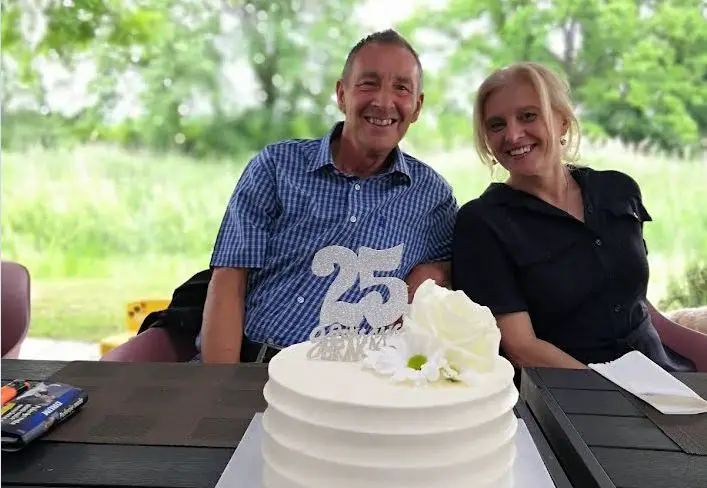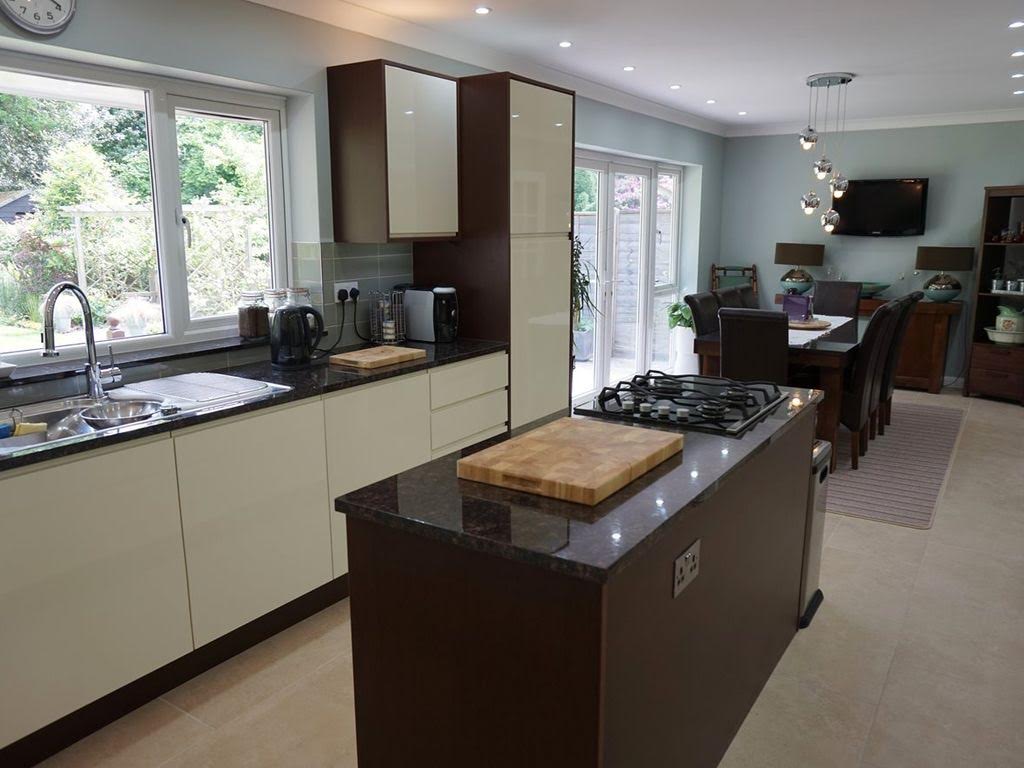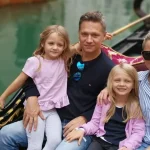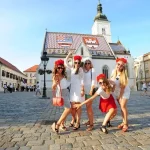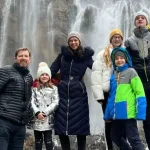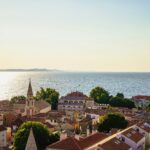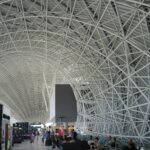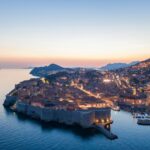Mikki Hall is an experienced Customer Experience Consultant whose strategic marketing experience has seen her work across industries and organisations around the world. In addition to her busy corporate career, Mikki also worked as a property developer and a freelance interior designer in the UK.
In 2020 she chose to return home to Croatia, where she was born, and has now turned her knowledge of strategy and logistics, as well as her passion and flair for interior design, into a new venture.
Following her own property development experience, Mikki has set up her own business mirabellgroup.com. She is particularly passionate about sustainable development and property renovation. Mikki aims to help clients visualise the design of their property, find top-quality tradespeople and manage interior design projects to bring them to fruition.
Here she explains why she feels those moving to or returning to Croatia have both unique opportunities and challenges to navigate and how she can help.
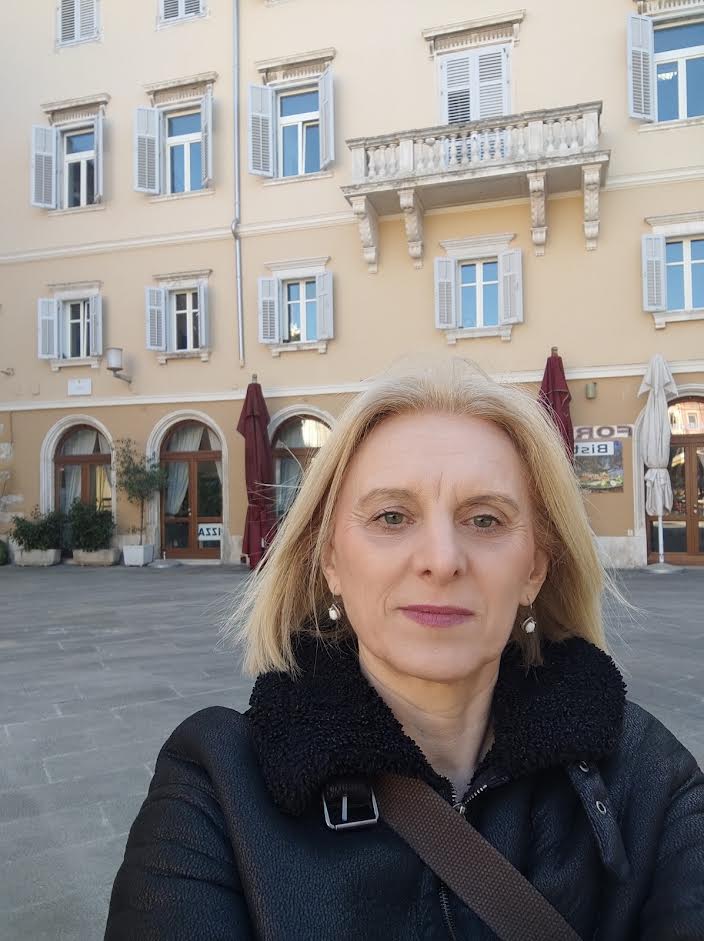
1. You made the switch to Croatia. Tell us a little about the decision process and how long it took for you to get on the plane.
The decision process was interesting. My husband and I always planned to come back to Croatia at some point, but to some extent, the decision was made for us because two things happened – the Covid pandemic and Brexit.
During the pandemic, we didn’t like the way things were being handled in England and preferred the approach that Croatia was taking. There was a sense of community and cohesiveness that made us feel safer here. I remember seeing a picture of traders at a local, open-air market repurposing Christmas huts two metres apart so people could come and buy locally produced food and queue safely. So different to our regular queuing outside ASDA for hours. It was creative and warm, and it was a reminder of our values and how we want to live.
Brexit was the other event that made us determined to come home. We arrived in September and applied for the EU Settlement Scheme under the withdrawal agreement initially. Even though I’m a Croatian national, it was the easiest way to go about things for my husband, who is British.
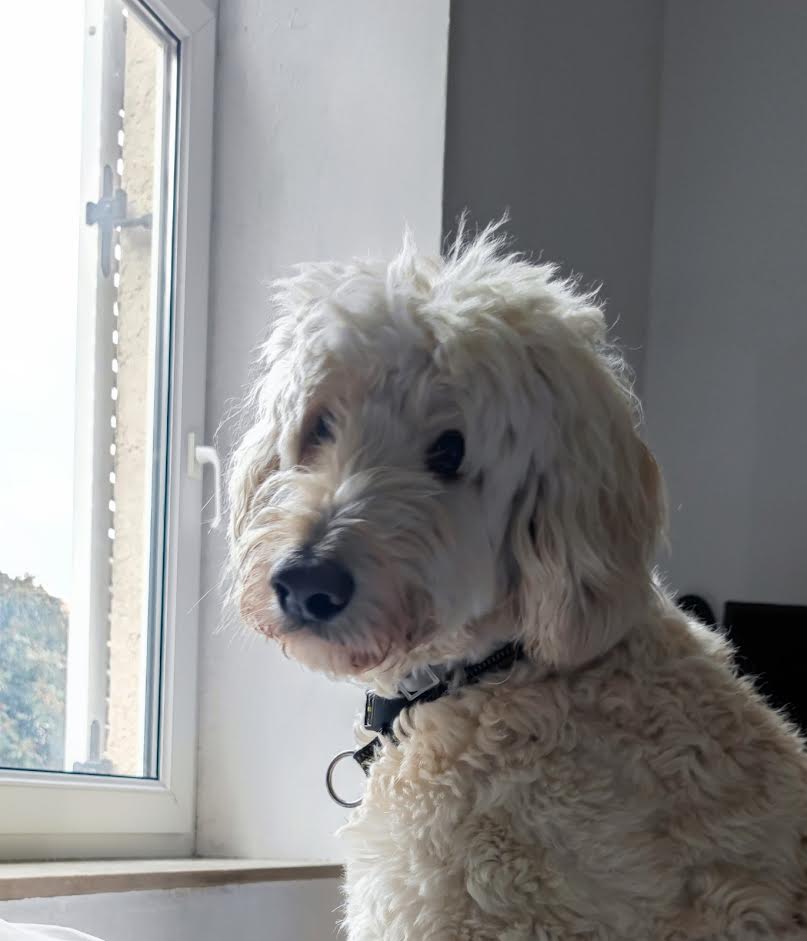
2. What did your family and community back home think of your decision at the time?
They thought we were mad and were very clear that they felt it was the wrong thing to do – that we would be better off staying in the UK. They felt that although I had been born in Croatia, I was more British in my behaviour and they worried that it would be hard to settle back in. While there are definitely challenges when you have lived abroad for a long time, ultimately, we’re delighted to be back.
I think it helps that I speak the local language. David and I have made many friends in Croatia because of our wonderful dog Buddy, often the only labradoodle in town.
Renovating the house has been particularly helpful because it’s enabled me to get involved with the local community as I went about finding good local tradespeople. What has been less easy is dealing with local bureaucracy.
I think Croatia has so much to offer people who want to come and live here, so the process has made me want to support others doing the same. One way I feel I can do that is by sharing the knowledge I have gained and helping them to find the people they need to create their homes here.
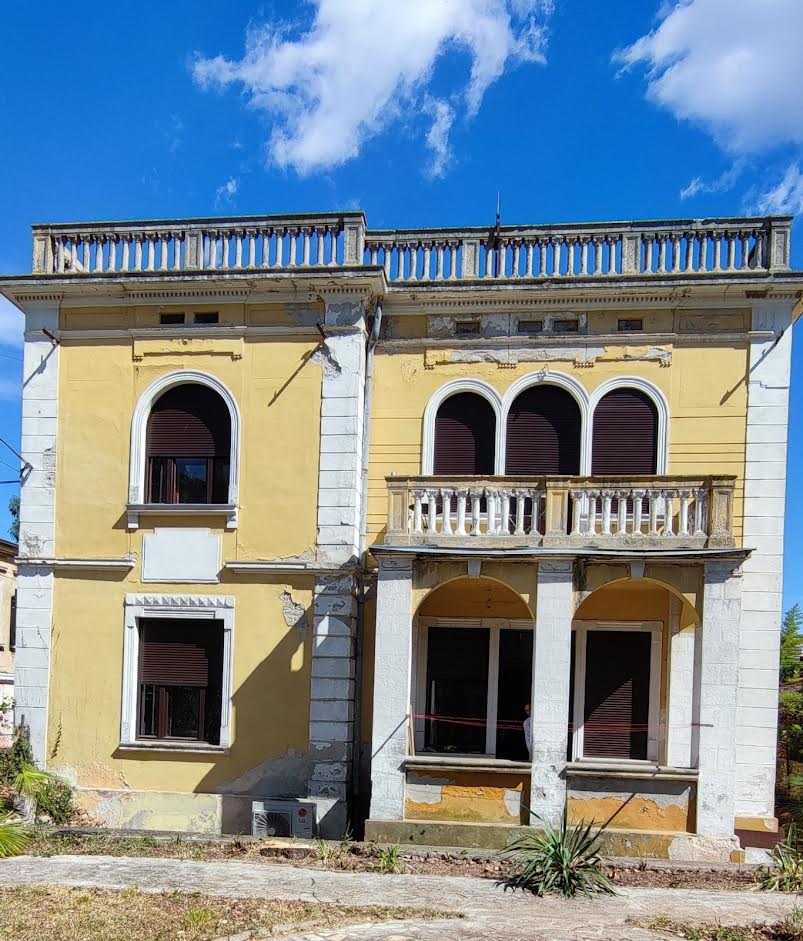
For example, if you know where to look, there are some fantastic ways to redesign your home sustainably; I have upcycled reclaimed parquet flooring which was going to go to waste. I have also spoken to so many people who couldn’t believe the cost of wallpaper in Croatia – what costs £20 in the UK is €75 here – so knowing where to find things is extremely helpful for settling in and feeling established here.
3. Where did you get your information about the realities of Croatia prior to coming?
That’s where it really helped having been born here – I was able to get some information from my friends and family but funnily enough I also got a lot from Total Croatian News as I had been following it for the last couple of years. It felt like an English voice reporting local news and information far more accurately than the newspapers.
It is tricky for the diaspora – those who have lived abroad and want to come back – as there isn’t a lot of cohesive, practical information available. I ended up reading everything in two languages and then when we went to the MUP (Ministry of the Interior) to register I found myself having to show them what the rules said. For example, it was hard getting a like-for-like driving licence. The local office actually said thank you after we had to do it all again post-Brexit – I think they found it as confusing as we did.
4. What were you most nervous about making the switch? What was your biggest fear, and how was the reality of what you found?
I think I was mainly worried about integrating and adapting back to local ways. It was important to me that we became part of the community and didn’t just continue living a UK life in Croatia. You have to make the effort and it takes time to acclimatise and to be fully accepted as part of the community.
5. Think back to the time before you arrived. What were your perceptions about Croatia and how were they different from the reality you encountered?
My perception about Croatia has always been that it’s a fantastic, vibrant place to live with a great lifestyle and a lot of opportunities. That perspective remains true – even more so now that we’re here. However, I think that a lot of people don’t realise how much potential is here – especially younger people who have perhaps left for jobs overseas.
I think with the rising cost of living across Europe, now is a great time for people to return and apply all the skills they have learned abroad. We need young people with a can-do attitude. Only the other day, I heard a mother saying her son has gone to Ireland and is working at KFC, a fast-food restaurant paying minimum wage. I am sure skilled young people could have much better opportunities in Croatia.
Croatia is a beautiful country in all ways – the nature, the mentality of people – but I think it has far more to offer people in their careers as well as their lives than perhaps they think from the outside.
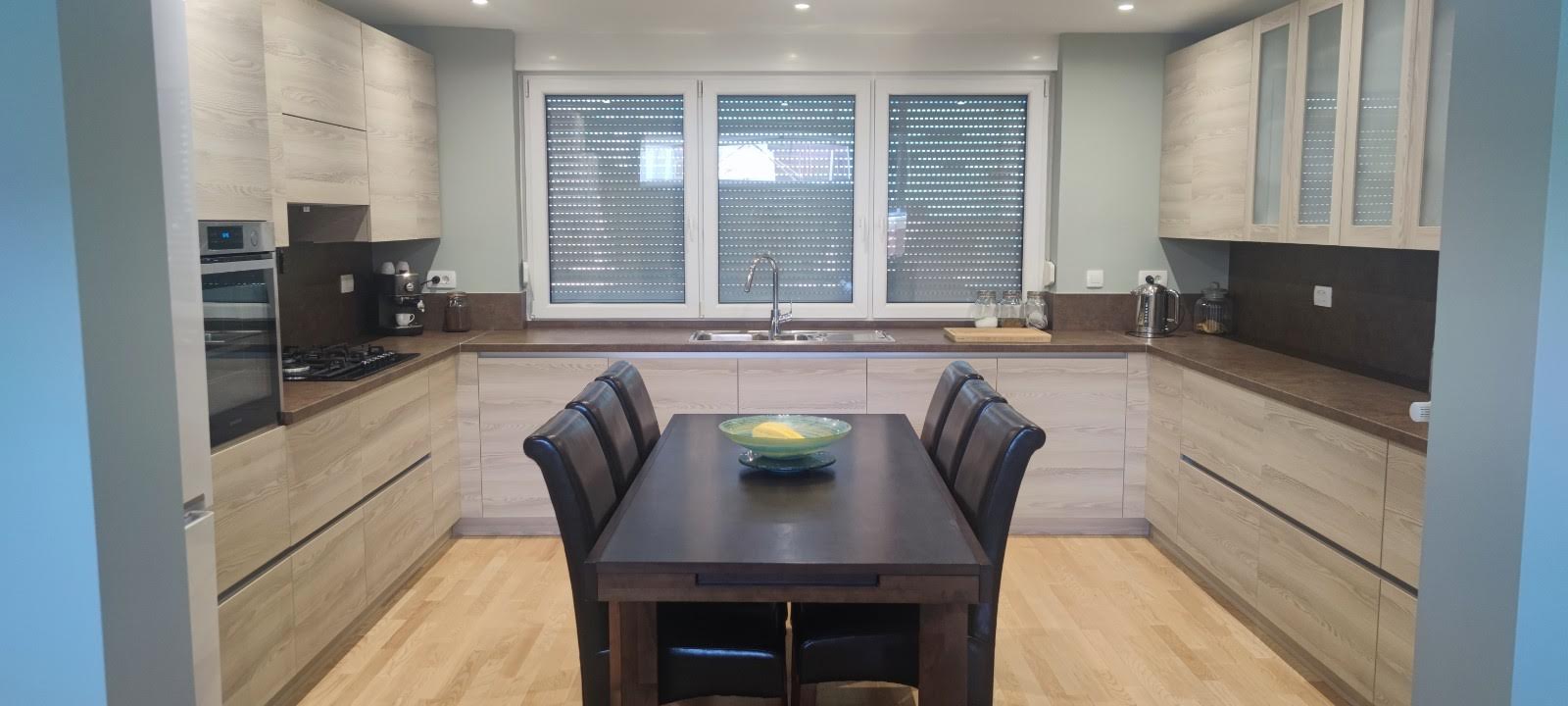
6. You are still here, so obviously the pros outweigh the cons. Tell us about some of the things that you love about being in Croatia, as well as some of the things you don’t like.
I love the people, the culture, the nature and that I can be on the coast one day and amongst the vineyards the next. There’s so much going on in the country, which is nice. What I have found challenging is finding the right tradespeople for different jobs. I don’t think that’s unique to Croatia – I think it’s hard to find people you can trust and work well within any country and context, especially when it comes to building work and maintenance. Cost of materials and furnishings is also a lot more expensive here than in the UK, and this can not be explained just by with VAT difference or because Croatia is a smaller market.
However, I do think it is a little bit harder when you move to a new place. Again, it definitely helps that I speak the language, and I am mindful that anyone coming here without speaking it has another hurdle to settling in; that’s where I think I can really help.
7. What advice do you have for others thinking about making the move from the diaspora?
My advice for people looking to make the move would definitely be to do it but to gather as much information as possible first. If you have people here who you can talk to and help you settle, then seek their advice. If you speak the language or have someone you trust who speaks the language, that’s a definite advantage. My main piece of advice, however, would be to embrace it – Croatia is a fantastic place to live and offers superb work/life balance.
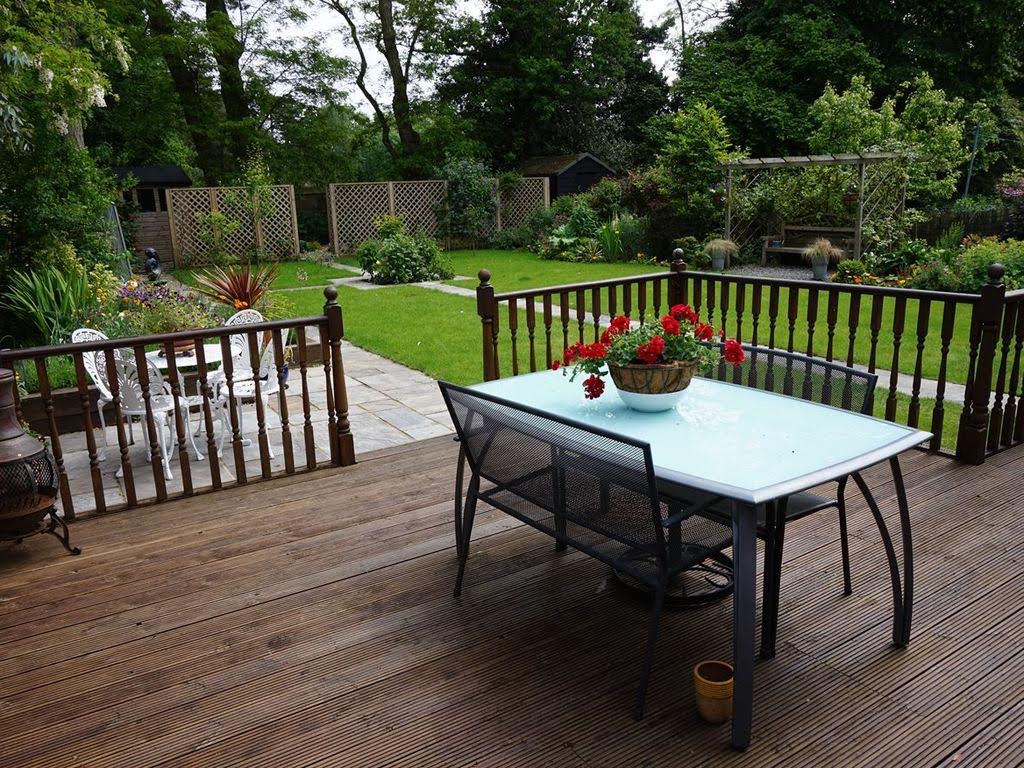
8. How do you think Croatia can better assist those who are looking to return to the Homeland?
I think that there’s a definite need for more of an information gateway, and it would be great for the government to tap into the diaspora and encourage them to come back and invest in local businesses. Those of us who do it, do it because we want to, but if we had more support, we could do it better and create more of a commercial impact for the country.
My full name is Mirjana Berecic-Hall, but in the UK, everyone calls me Mikki Hall. I am married to David Hall and have a wonderful dog called Buddy.
We have two homes, one in Osijek, which we have just finished renovating and one in Pula
Follow us on Instagram and Facebook @croatianadventure
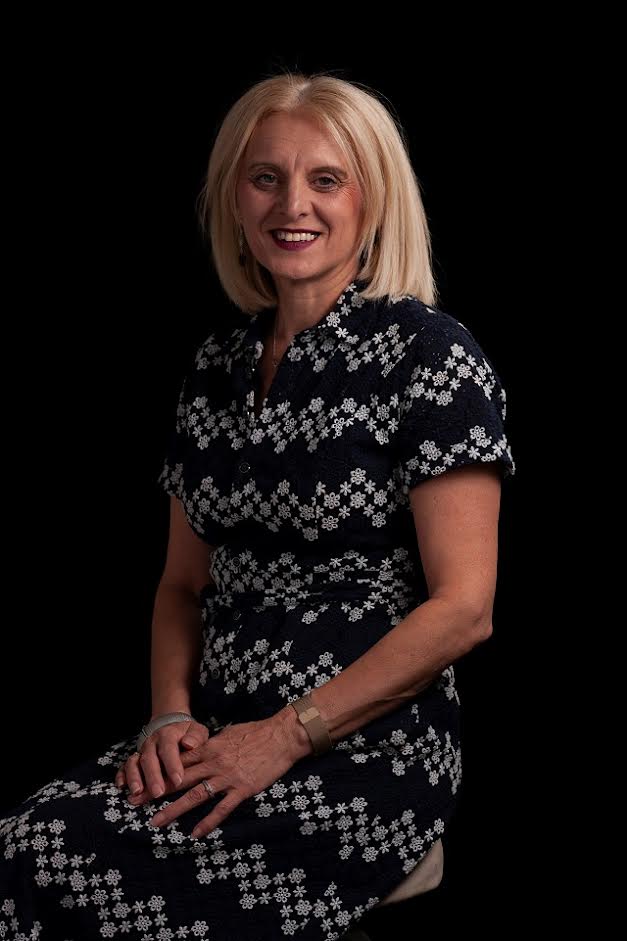
****
Thanks, Mikki!
You can follow more stories in the Croatian Returnee Reflections series in our dedicated TCN section.
Would you like your returnee story – positive or negative – to be featured in this series? Contact paul@total-croatia-news.com Subject Returnee.
****
What’s it like living in Croatia, and where can you get the best survival tips? TCN CEO Paul Bradbury and TCN Editor Lauren Simmonds have teamed up to publish Croatia, a Survival Kit for Foreigners.
Follow Paul Bradbury on LinkedIn.


